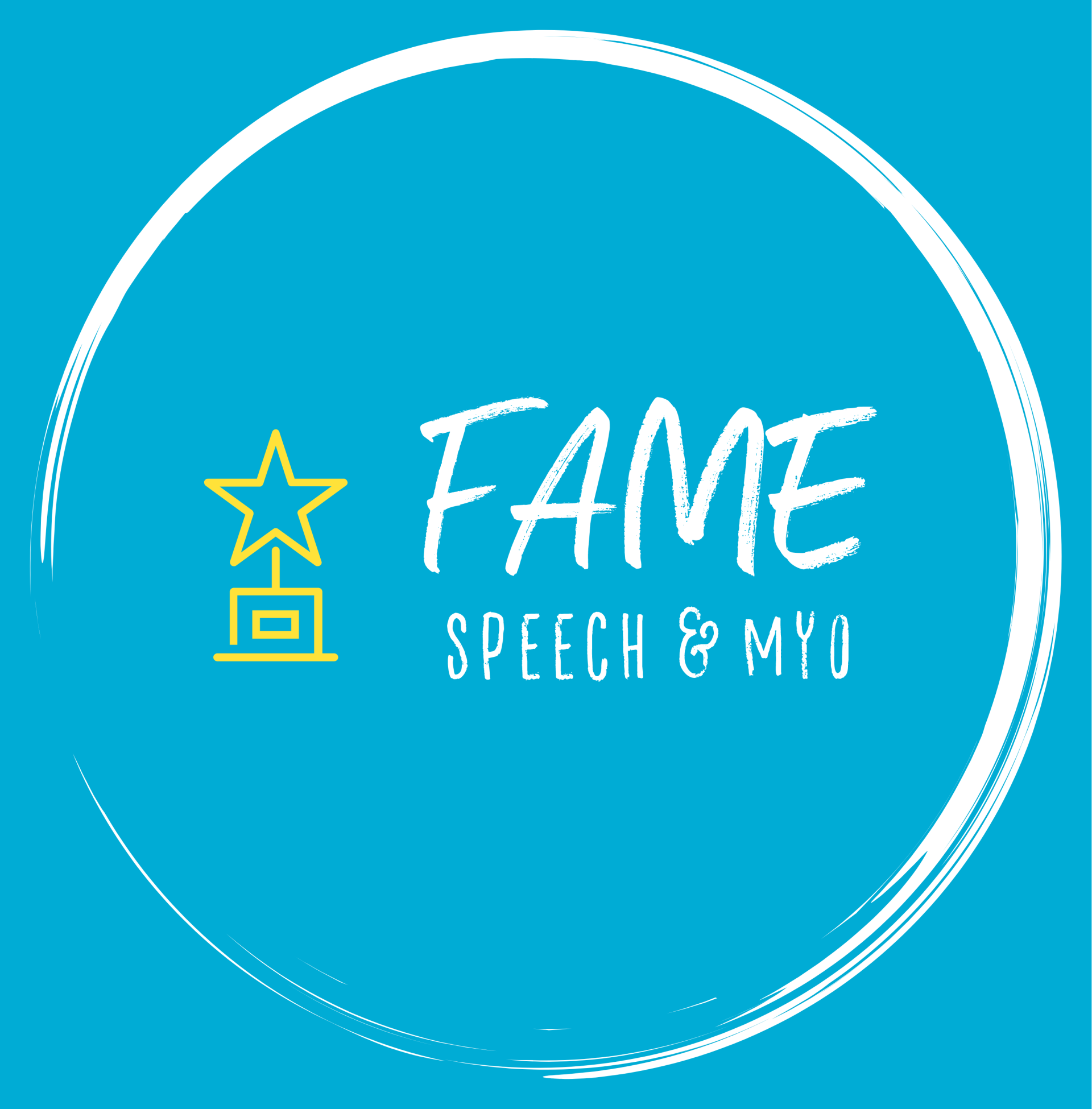Orofacial Myology: Transforming Children's Lives
The missing piece for children struggling with oral habits, dentition, speech, and more.
Orofacial myology is a specialized field within speech pathology and dentistry that focuses on the proper development and function of the muscles and structures involved in orofacial activities, such as breathing, swallowing, and speech. While this might sound complex, its principles are crucial for children's overall health and well-being. In this blog, we'll explore orofacial myology, its benefits for children, and how it can help transform their lives.
Orofacial myology, often referred to as myofunctional therapy, centers on the muscles of the mouth and face, aiming to correct any improper muscle patterns and habits. These incorrect patterns can lead to various orofacial issues in children, including speech disorders, dental problems, and breathing difficulties. Orofacial myologists work with children to help them develop healthier orofacial functions.
Benefits for Children
Improved Speech and Articulation
One of the primary benefits of orofacial myology for children is improved speech and articulation. Proper muscle function in the lips, tongue, and palate is essential for clear speech production. Children with speech disorders or articulation issues can benefit greatly from myofunctional therapy, as it helps them develop the correct muscle patterns and oral posture required for precise speech sounds.
Correcting Thumb Sucking and Pacifier Use
Thumb sucking and prolonged pacifier use can negatively affect a child's orofacial development. Orofacial myology therapists work with children to eliminate these habits, as they can lead to issues like dental misalignment and improper tongue posture. By addressing these issues early on, children can avoid potential dental problems in the future.
Enhancing Breathing Function
Proper breathing is essential for overall health and well-being. Children with breathing difficulties, such as mouth breathing or snoring, may benefit from orofacial myology therapy. By helping children establish proper nasal breathing and tongue posture, therapists can improve their oxygen intake and overall respiratory health.
Preventing Dental Problems
Orofacial myology can play a significant role in preventing dental problems in children. Correct tongue posture and swallowing patterns are crucial for maintaining proper alignment of the teeth and preventing issues like open bites or crossbites. Myofunctional therapy can help children establish these healthy habits early, reducing the likelihood of orthodontic problems in the future.
Enhancing Self-Esteem
Children with orofacial issues may experience social and emotional challenges due to speech difficulties, dental problems, or facial muscle imbalances. Orofacial myology therapy can help these children gain confidence by addressing and improving their orofacial functions. As their speech and appearance improve, their self-esteem can receive a significant boost.
Supporting Overall Well-Being
Orofacial myology is not just about speech and dental health; it's about promoting overall well-being. When children have proper orofacial function, they can breathe better, eat more efficiently, and communicate clearly. This leads to improved nutrition, better sleep quality, and an enhanced quality of life.
Orofacial myology is a vital field that can bring life-changing benefits to children. By addressing improper muscle patterns and habits, it can improve speech, correct thumb sucking and pacifier use, enhance breathing function, prevent dental problems, boost self-esteem, and support overall well-being. If you have concerns about your child's orofacial development, consider consulting a trained orofacial myologist who can help them on their path to a healthier and happier future.
Contact Us
Contact Us




